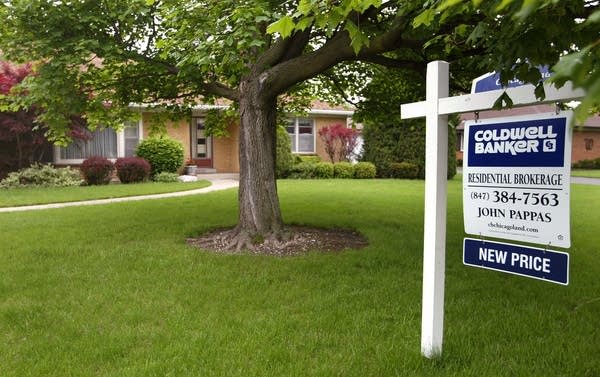Housing prices around Twin Cities stay flat

A for sale sign sits outside a house. Housing prices in the Twin Cities were flat in July, according to newly released data, and the numbers of homes listed and sold were lower compared to the same month in 2022.
Tim Boyle | Getty Images
Go Deeper.
Create an account or log in to save stories.
Like this?
Thanks for liking this story! We have added it to a list of your favorite stories.


